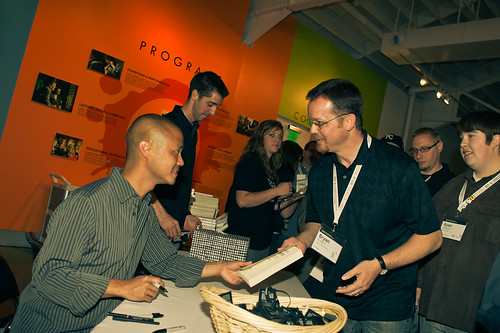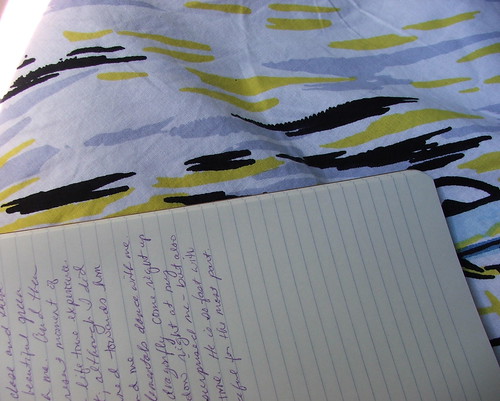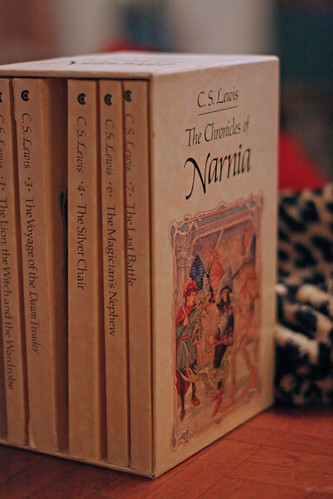Do book signings work?
That depends. Are you a great marketer like Richard Paul Evans? Are you a movie star?
One of my first book signing some ten years ago was well, a flop. No one really knew about my book except for family and friends. And after a couple of weeks all the books I was going to sell to them had already been sold. Here's a few things I have learned since:
 |
| Photo by Silicon Prairie News, courtesy of Flickr |
1. A book signing draws in more readers if you
make it an event. Have a book talk previous to your signing, offer some free treats and a drawing for your book. A book signing doesn't have to be at a book store. Some creative signings are held elsewhere. Just look at your book and see where the story fits into a niche place. For example, my new book, "
Conquering your Goliaths" would be great in a garden store. It also might fare well at a bakery. Or have your book signing at home. Invite your family, friends, work
 |
There are not only sunflowers in this story,
but some great bakery treats! |
associates and local community.
2. Look at
other avenues of getting your book known. Reviewers are prolific these days. Many readers blog about books and reviewers will usually take your book in a PDF format. What that means for you is that you're not spending extra money on the book itself, as well as the postage to mail it to the reviewer. The time it takes you to attach a PDF is quick too!
3.
Take your book with you! Wherever you go, make sure you have at least one copy of your book with you. Keep some extra copies in the trunk of your car. You never know when someone will be excited to buy your book.
4.
Make up some postcards with your book on the cover. (I get mine at Vista Print). When you're out tell people about your book and hand them a postcard with the information about your book on it. They may not want a book today, but they may be willing to check out your book online.
When I went to Richard Paul Evans' book signing some years ago, there was one long line. He was promoting his book, "The Christmas Box," signing each book that came his way, and giving everyone who wanted a hug, a hug. I will never forget that book signing.
I've never been to a movie star's signing, but I know that if the person is well known, more interest is usually given, even if the book itself isn't very good. And I've seen some of those.
Yes, a book signing will get you some readers, but you may feel as if the readers trickle in almost like the dripping tap in your kitchen. Get your book noticed by trying the ideas above.






